Although most municipalities in Ontario add fluoride to their water supply, Bradford, Ontario doesn’t. This is because fluoride naturally occurs within the Town of BWG’s groundwater, and adding additional fluoride could risk the total fluoride amount being too high. However, because it is not manually added, there is a chance your family is not getting enough fluoride for good oral health. Here we explain what a lack of fluoride in Bradford water does to your teeth, with tips to ensure you are getting enough fluoride by improving your oral care regime.
What Is Fluoride?
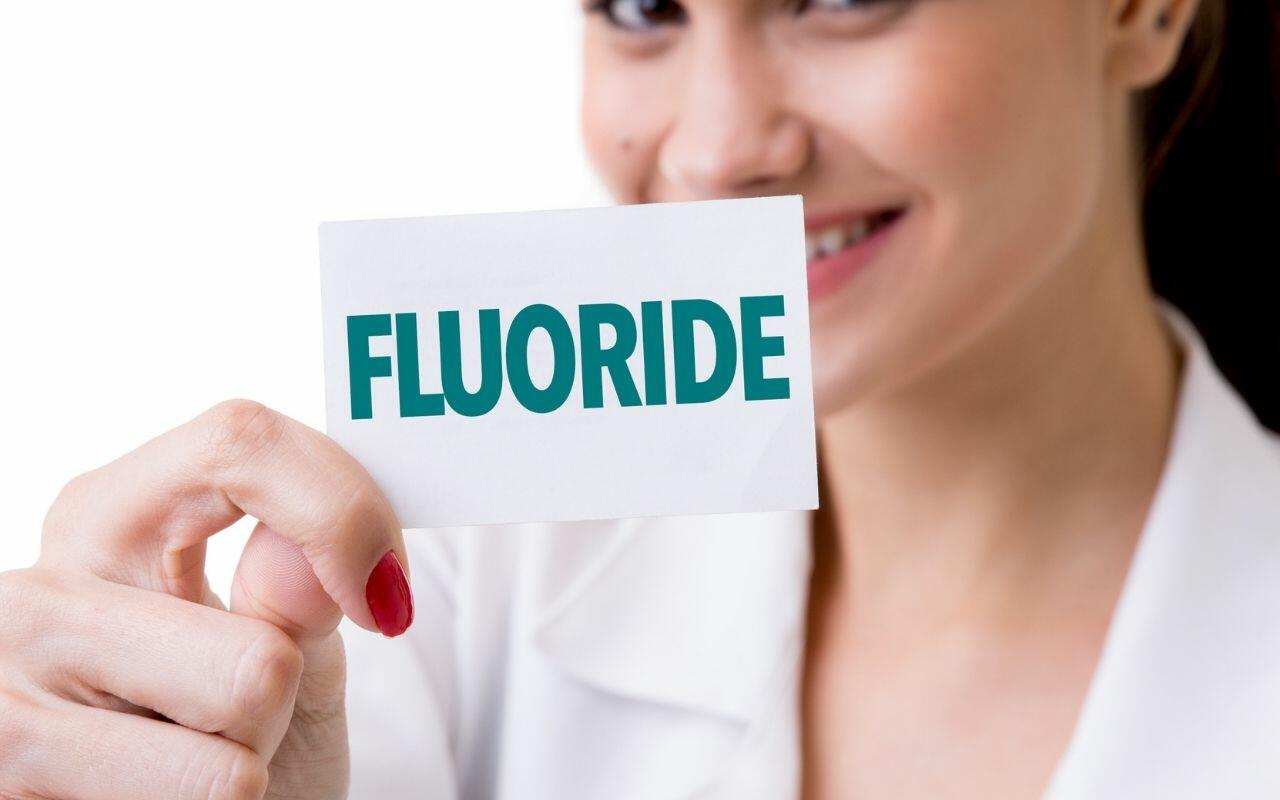
Fluoride is a naturally occurring mineral found in salt and fresh water, foods, and soil. Fluoride is important for dental health as it helps prevent, and in many cases reverse, tooth decay.
What Are The Benefits Of Fluoride?
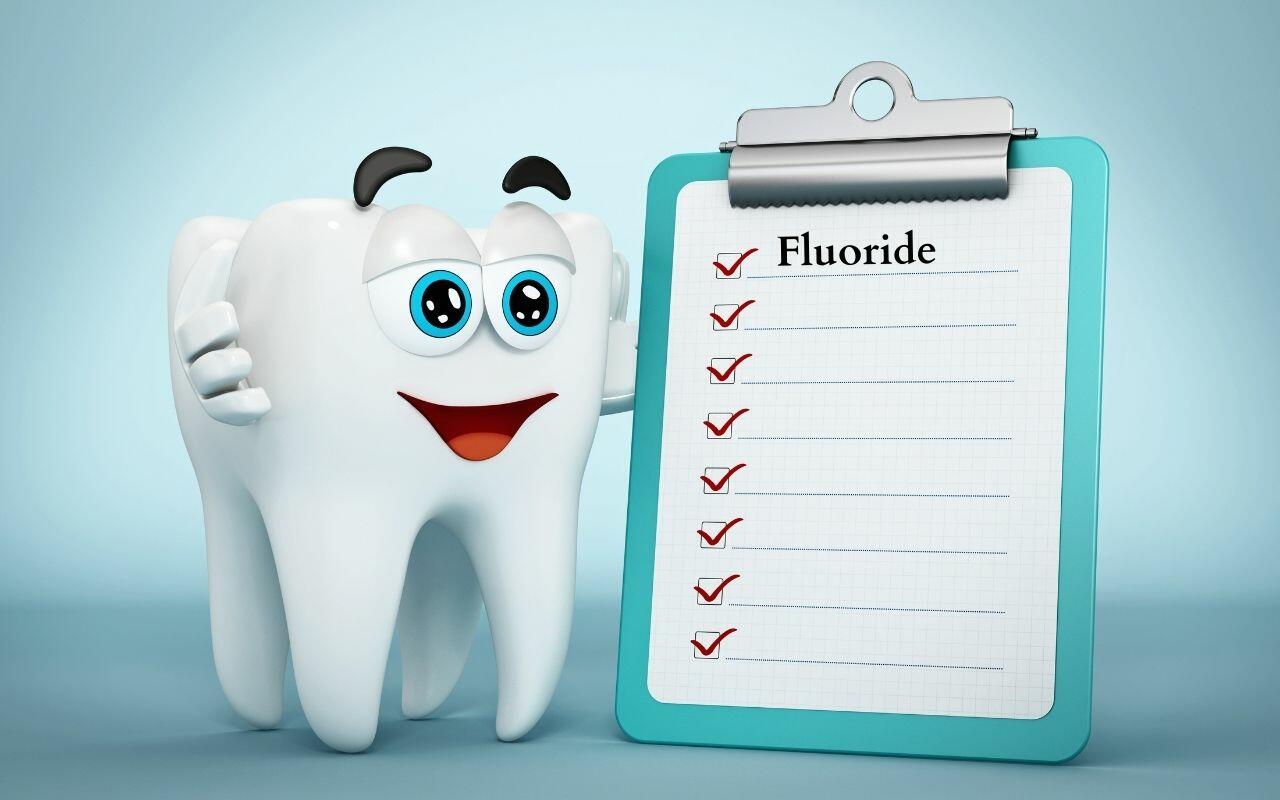
When ingested, fluoride has a number of positive effects:
- It becomes part of your tooth structure
- It helps retain saliva, so it continues to come in contact with your teeth for ongoing protection
- It helps prevent dental diseases like root and tooth decay
- It helps prevent enamel erosion
- It helps remineralize teeth
Fluoride is one of the best ways to help maintain dental health.
What Is Remineralization?
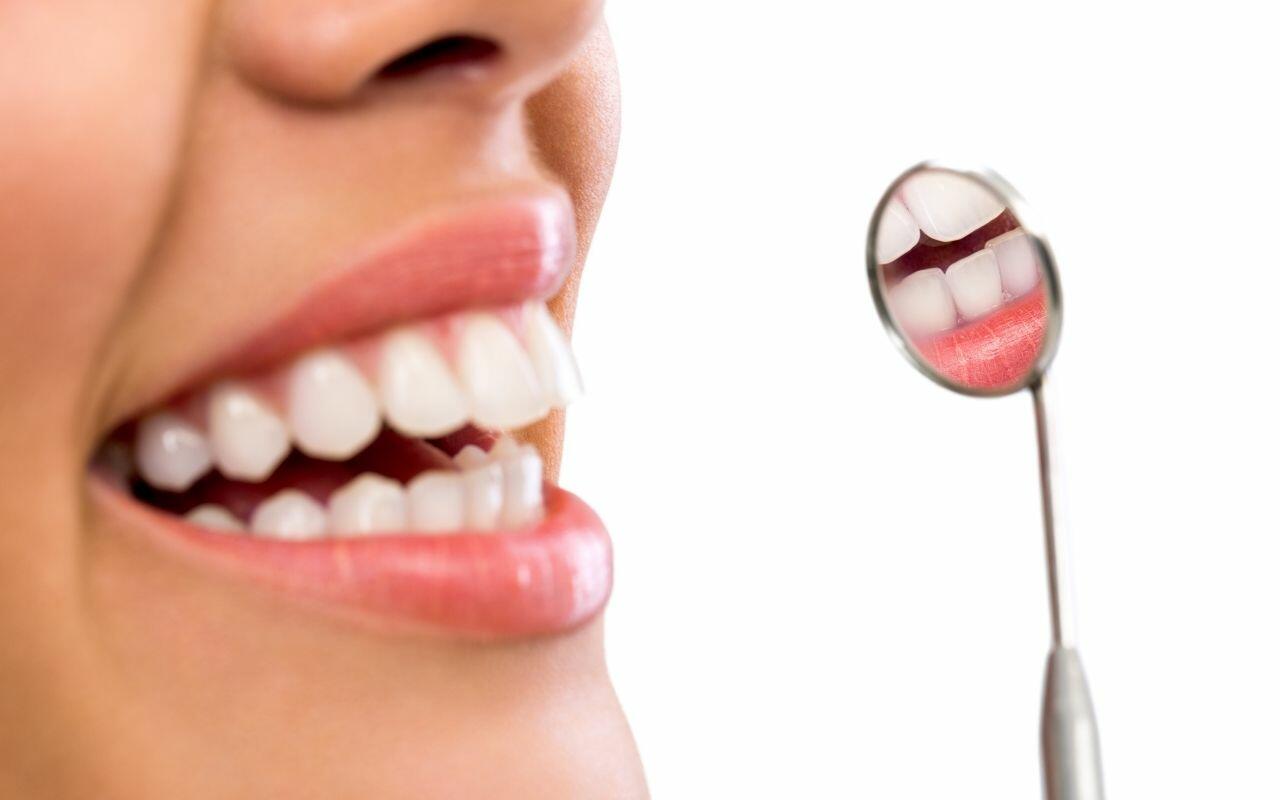
Your enamel is the hard outer layer of your teeth. It protects the inner layers of your teeth from acids while also keeping your teeth looking white. When it wears away due to acids found in food and drink, your teeth become dull and are more susceptible to tooth decay.
Remineralization is a process that occurs naturally. Minerals such as calcium bond to your teeth to help prevent enamel erosion and weakening. The minerals occur in your saliva, which is needed to support this process. Fluoride helps reverse the negative effects of highly acidic food and drink by promoting remineralization.
Why Do I Need Fluoride If I Brush My Teeth?
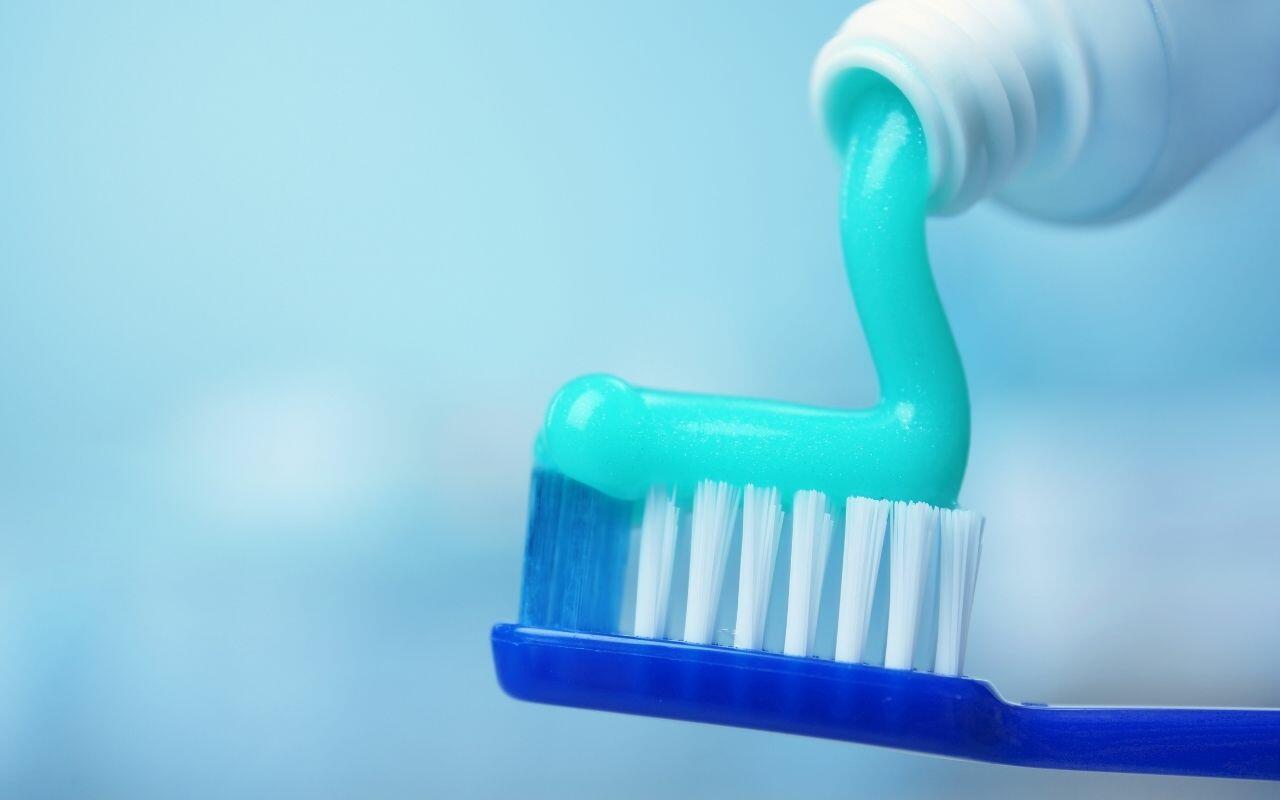
This is a good question. Although brushing and flossing help maintain good oral health, if your toothpaste does not contain fluoride, you can’t reduce the chance of cavities. Fluoride is needed to prevent tooth decay, so brushing alone isn’t enough.
How Much Fluoride In Water Is Recommended?
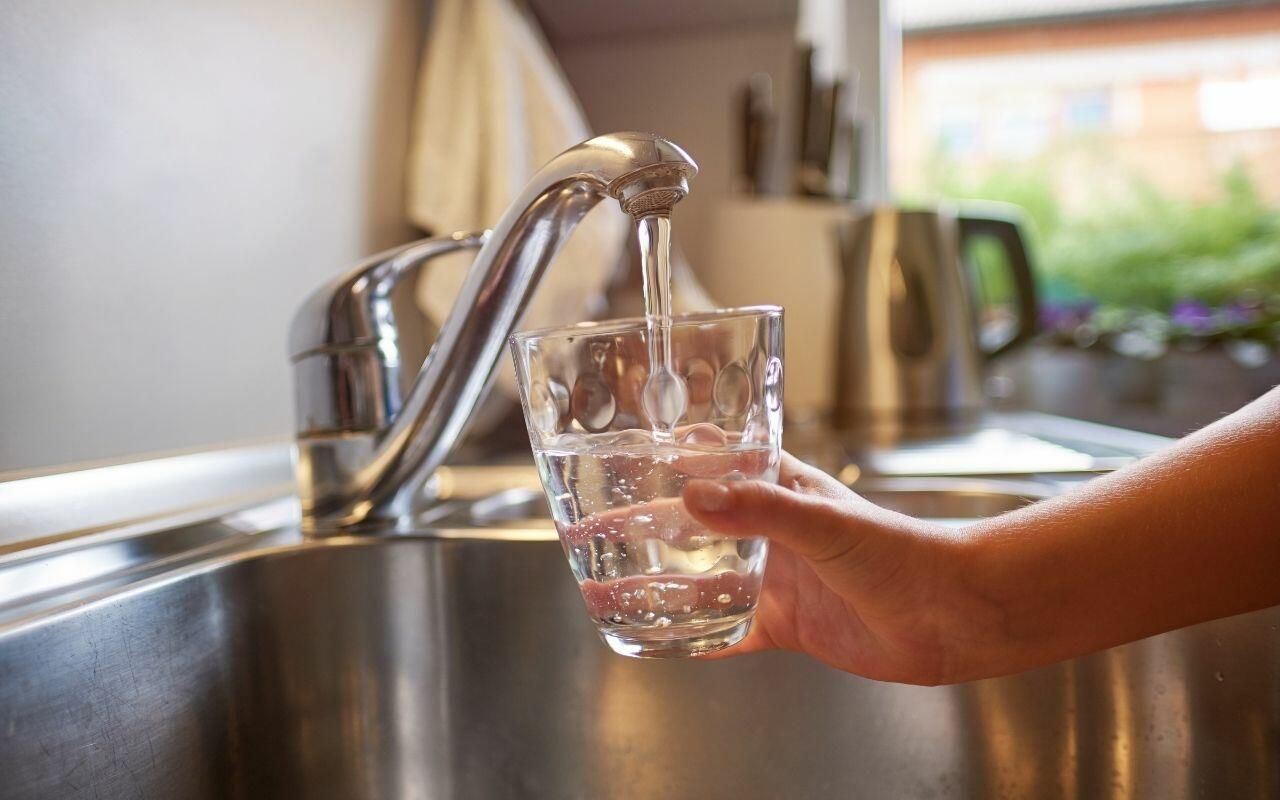
Fluoride is a good thing. However, there is a recommended daily amount to keep your teeth healthy while preventing the potential ill effects of too much fluoride. In Canada, the recommended fluoride amount for your water is 0.7 milligrams per litre (mg/L) and should not exceed 1.5 mg/L.
When Do I Need Extra Fluoride?
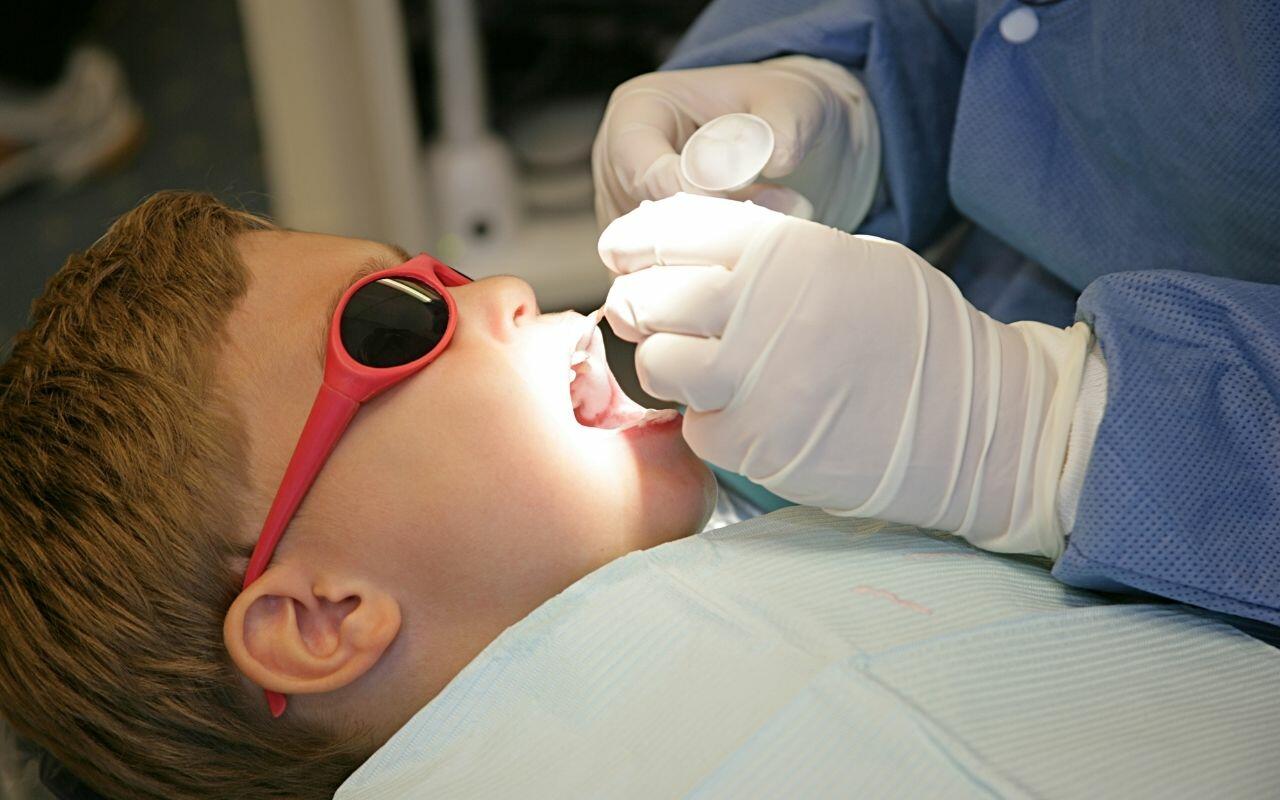
You might benefit from extra fluoride if you:
- Take certain prescription medications that reduce saliva flow which increases the risk for cavities.
- Have receding gums which exposes more of your tooth surface below the gum line which increases the risk for tooth decay in these softer areas.
- Require restorative work such as bridges or crowns.
- Require orthodontic treatment as it poses challenges for a strong oral hygiene regime.
- Have tooth sensitivity to help re-mineralize tooth enamel to reduce discomfort.
- Are undergoing radiation treatment which can cause saliva gland damage and reduce saliva production.
Also, dentists recommend topical application at dental cleanings for children to reduce risk for tooth decay.
How Can I Increase Fluoride?
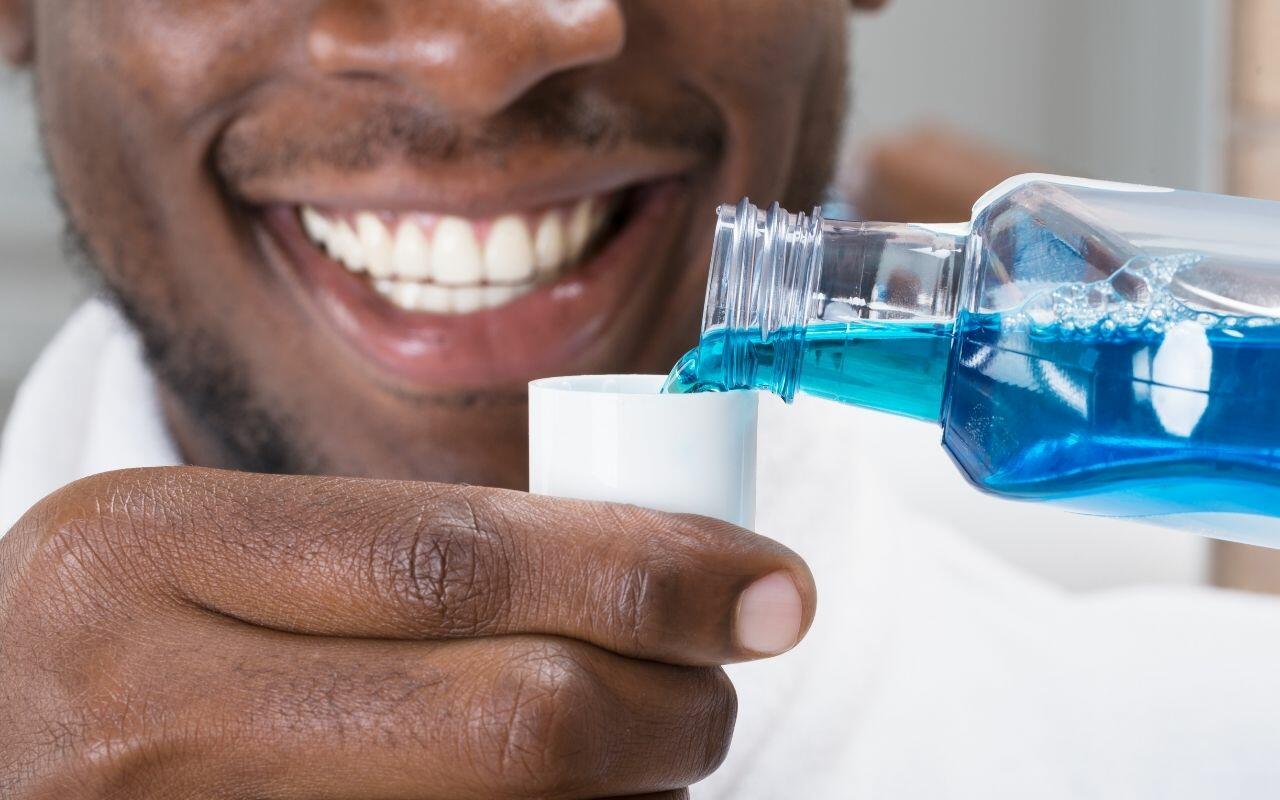
The easiest way to ensure you have enough fluoride is to use fluoride toothpaste. Fluoridated mouth rinses are also available and are recommended by dentists for patients who are at higher risk for tooth decay. You can also have topical fluoride applied at your dental checkups. Your dentist might also recommend fluoride supplements such as chewable tablets, lozenges or fluoride drops if you are susceptible to tooth decay. These are often prescribed when you live in an area with non-fluoridated water like Bradford.
What About Kids And Fluoride?

If you have children, the sooner you have them brushing their teeth, the better they become at fighting tooth decay. This is because it helps stop the colonization of bacteria that cause cavities. These bacteria appear between the ages of birth to about the age of three. You can brush your child’s teeth as soon as their first tooth appears, but always discuss oral care with your dentist to ensure fluoride is safe for your child.
Generally speaking, children under 3 only need a rice grain-sized amount of fluoride toothpaste. Between the ages of 3 and 6, you should help your child brush their teeth to ensure they are spitting the toothpaste out, and make sure to only use a pea-sized amount of toothpaste. You can continue to provide tips, as can your dentist at regular checkups. This ensures your child helps prevent tooth decay for life. Once children are over 6 years of age, they are able to brush and spit on their own.
Can You Have Too Much Fluoride?
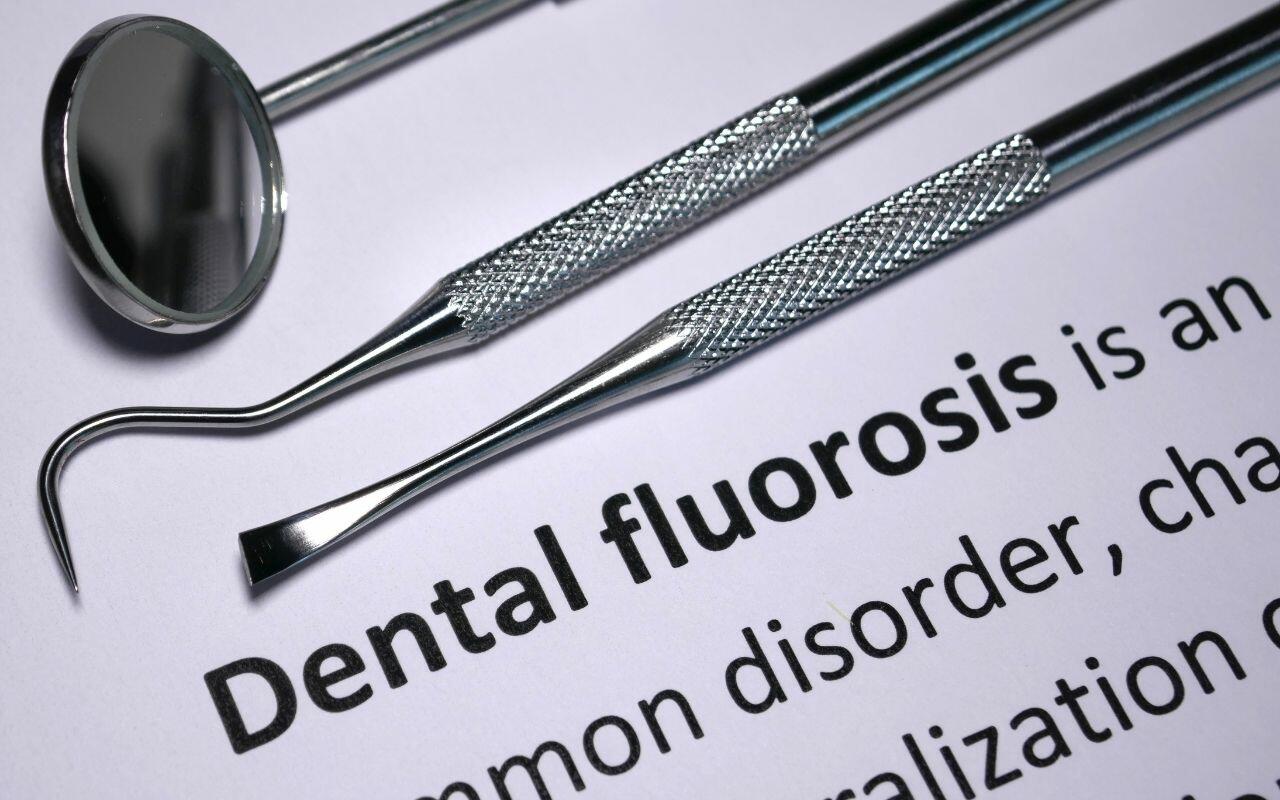
Yes. Too much fluoride can lead to the following issues:
- Dental Fluorosis: This condition changes the appearance of your tooth enamel. It causes small white spots during childhood, but cannot occur once your adult teeth appear. When mild it is only cosmetic, but in more severe cases treatment might be required.
- Skeletal Fluorosis: This condition affects your bones and joints which harden due to ingesting high amounts of fluoride. This is very rare as most people depend on water or toothpaste as their main source of fluoride, which in most cases is at safe levels.
These are the only two possible effects of too much fluoride.
How Do I Know If I Have Fluoride Deficiency?

Your dentist watches for signs of fluoride deficiency at your dental checkups. This is just one example of why keeping up with your regular checkup regime is so important. They look for things such as tooth decay and weakened tooth enamel to determine if you could have a fluoride deficiency.
As mentioned, low fluoride makes it easier for bad bacteria in plaque to cause tooth decay. Plaque is a nasty biofilm that thrives in acidic environments, which leads to enamel erosion. If your health history indicates you have weak or brittle bones as you age, this is also a sign of fluoride deficiency in older adults.
If you are concerned or have questions about your fluoride intake, call today to schedule an appointment at 905-775-5307 or click here to request an appointment.
